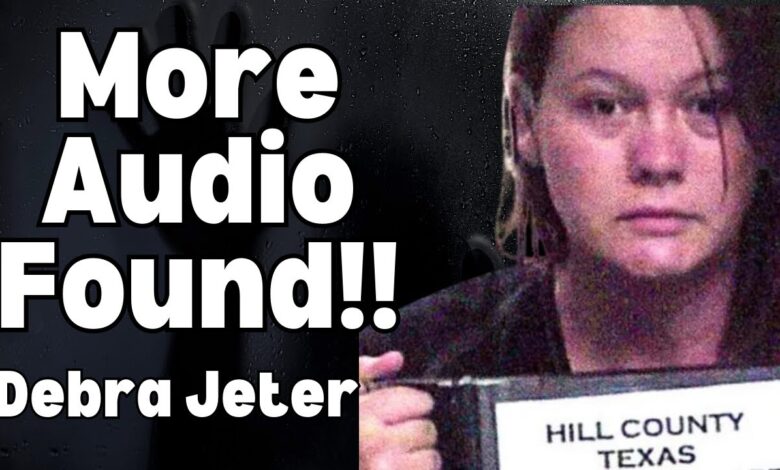Navigating the Debra Jeter: The Critical Intersection of Mental Health and the Criminal Justice System

In recent years, the case of Debra Jeter has cast a stark light on the profound complexities at the intersection of mental health issues and the criminal justice system. Without delving into the specifics of her personal tragedy, it’s crucial to explore the broader implications of her case, emphasizing the urgent need for comprehensive mental health support and the nuanced challenges faced by the criminal justice system in addressing mental illness among offenders.
The Landscape of Mental Health and Criminal Justice
The intersection of mental health and criminal justice is a terrain marked by significant challenges and systemic gaps. Individuals with mental health issues often find themselves entangled in the criminal justice system, highlighting a critical area where societal support mechanisms fail to meet their needs. The story of Debra Jeter, while unique in its details, underscores a widespread issue: the dire consequences of inadequate mental health support and intervention.
Understanding the Stakes Debra Jeter
Mental illness, when left unsupported, can lead to devastating outcomes, not just for the individuals directly involved but for families and communities. The tragedy associated with Debra Jeter brings to the forefront the critical need for early intervention, comprehensive support systems, and ongoing mental health care for those at risk. It raises poignant questions about the capacity of the criminal justice system to adequately address the nuanced needs of mentally ill offenders, balancing the imperatives of public safety with the necessity for compassion and appropriate treatment.
The Call for Reform Debra Jeter
In the wake of such cases, there’s a growing call for reform in how the criminal justice system interacts with mental health. Advocates push for:
- Improved Mental Health Screening and Services: Early and accurate screening for mental health issues within the criminal justice system, coupled with access to effective treatment, can be a significant step toward better outcomes.
- Diversion Programs: Implementing diversion programs that offer alternatives to incarceration for non-violent offenders with mental health issues, focusing on treatment and rehabilitation rather than punishment.
- Training for Law Enforcement: Enhancing training for law enforcement officers to recognize and appropriately respond to mental health crises, aiming to de-escalate situations and direct individuals to the help they need.

Strengthening Support Networks
Beyond systemic reforms, there’s a pressing need to strengthen community and familial support networks. Early recognition of mental health struggles, destigmatizing mental illness, and facilitating access to care can prevent crises. Education and awareness campaigns are vital in building supportive, informed communities equipped to recognize and respond to mental health challenges compassionately and effectively.
Conclusion
The story of Debra Jeter is a poignant reminder of the critical intersections between mental health and the criminal justice system. It compels us to confront uncomfortable realities and to advocate for a more compassionate, effective approach to mental illness within our society. By pushing for reforms, strengthening support systems, and fostering an environment where mental health is openly discussed and addressed, we can hope to prevent future tragedies and support those who find themselves navigating the shadows of mental health challenges.





